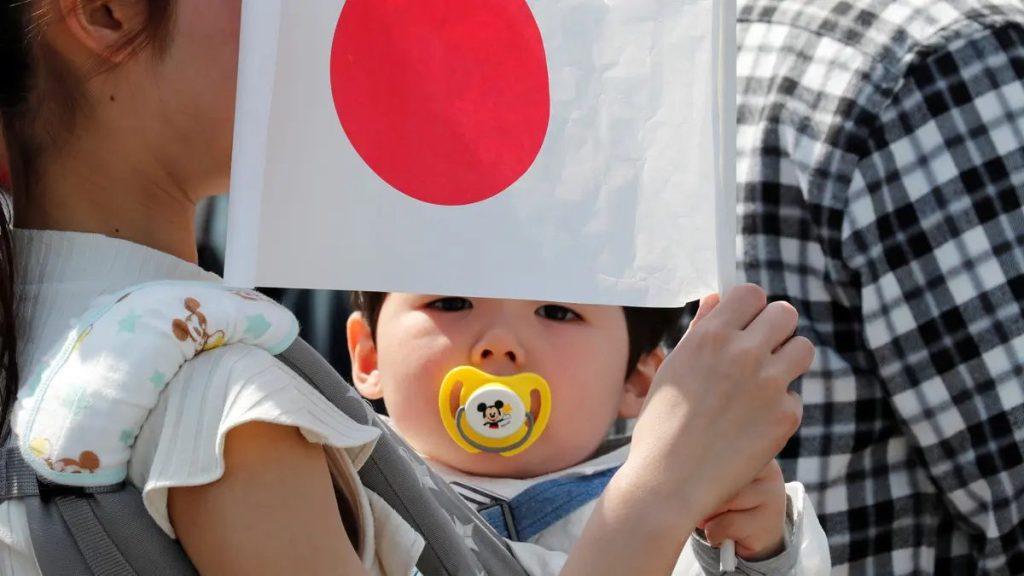Japan Faces Population Crisis as Births Drop Below 700,000 for First Time
Japan records its steepest native population decline in history as aging and low birthrates worsen.
Over 900,000 Japanese citizens lost in 2024 alone, fueling fears of a demographic crisis.
Japan saw its largest-ever yearly decline in native population in 2024, with the number of Japanese nationals dropping by over 900,000, according to newly released government data. The decrease highlights the country’s ongoing struggle with persistently low birth rates and a rapidly aging society.

The Ministry of Internal Affairs and Communications revealed on Wednesday that Japan’s native population fell by 908,574 people, or 0.75 percent, bringing the total to 120.65 million. This marks the 16th consecutive year of decline and the steepest drop since recordkeeping began in 1968.
While declining birth rates are a challenge for many industrialized nations, Japan’s demographic crisis is especially severe. Prime Minister Shigeru Ishiba has described the issue as a “quiet emergency” and pledged policy reforms aimed at encouraging childbirth, such as offering free childcare and promoting flexible working hours.
Despite the overall population drop, the number of foreign residents rose to an all-time high of 3.67 million as of January 1, 2025 making up nearly 3 percent of Japan’s total population, which stood at approximately 124.3 million on that date. Foreign nationals have become increasingly vital in addressing labor shortages, often working in industries like manufacturing, retail, and hospitality.
The total population, including both Japanese and foreign residents, decreased by 0.44 percent in 2023.
Japan’s ageing trend remains stark. Citizens aged 65 and older now represent nearly 30 percent of the national population, while those between the ages of 15 and 64 account for 60 percent a slight increase from the year before. The country currently holds the title of the world’s second-oldest population, following only Monaco, according to World Bank data.
New birth statistics offer more cause for concern. Health ministry data from June showed that births in 2024 dropped below 700,000 for the first time, with just 686,061 babies born a decrease of over 41,000 compared to 2023. It is the lowest annual birth figure since records began in 1899.
The demographic decline is particularly visible in rural areas, where population loss has left nearly four million houses abandoned over the past two decades. Many of these homes are inherited by city dwellers who lack the resources or interest to maintain them.



